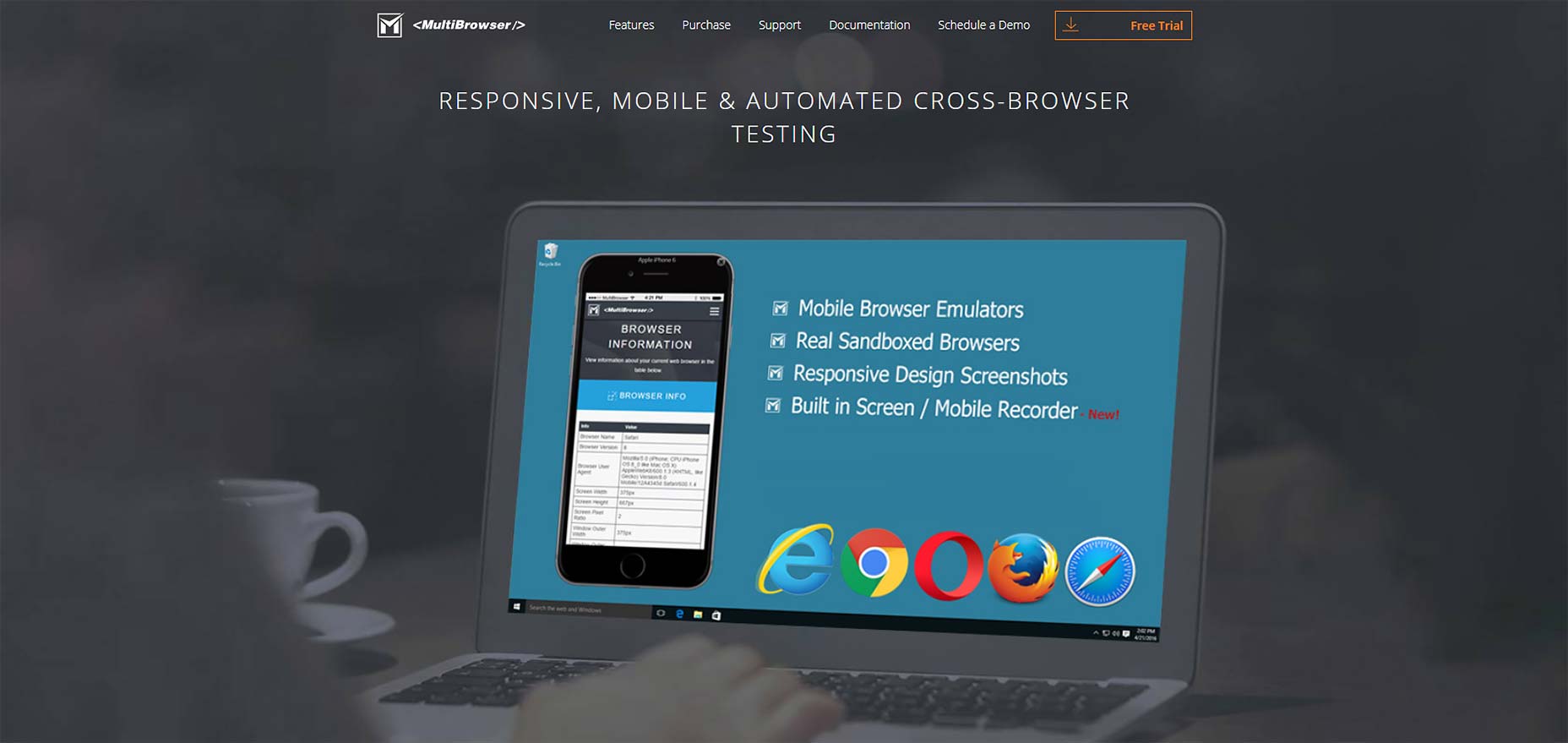

It is very demonstrative of what exactly happens when websites communicate with browsers launched in Hidemium. How many sessions do you belive your computer has recorded? Two, right? Yet how many sessions do you think Facebook has registered? Only one long continuous session. In the morning you return, open your notebook and you are still logged in. As long as you do this, your notebook goes into “sleep mode” as well. After some period of activity, you stand up, go to the bathroom, brush your teeth and go to sleep. You open any website similar Facebook and log into it. You have a notebook with a new browser, which you haven’t used for browsing before. To understand better how Hidemium handles sessions, let’s play a pretend game. This definition is not set in stone and others might define sessions differently.įrom a programming way of thinking, a session lasts as long as its identifier is stored on a client computer. As explained by Mozilla, “a browser session is a continuous period of user activity in the browser, where successive events are separated by no more than 30 minutes”. Understanding browser sessionsĪlso storing information about browser parameters, the browser profile is necessary for storing your session. In Hidemium, however, you have an option to apply a different proxy server to each browser profile.

In the midst of these settings is a proxy server, which is crucial for masking your actual IP address.

They share the same settings across every profile. A browser profile is a set of settings applied to your browser on its launch that overwrites the default browser parameters.Ī few browsers like Firefox or Opera already allow having multiple profiles. In Hidemium, creating a unique online identity begins with creating a browser profile.


 0 kommentar(er)
0 kommentar(er)
